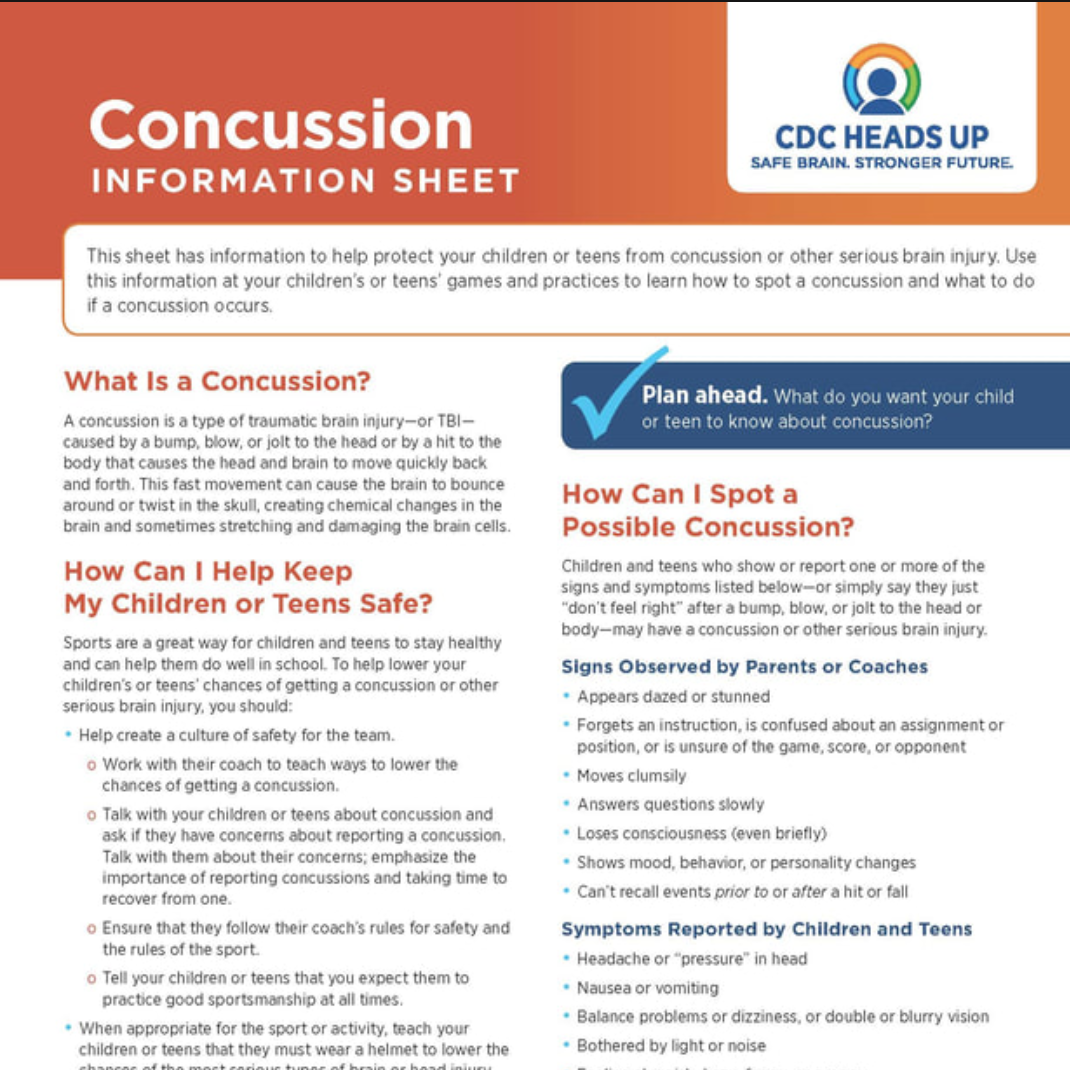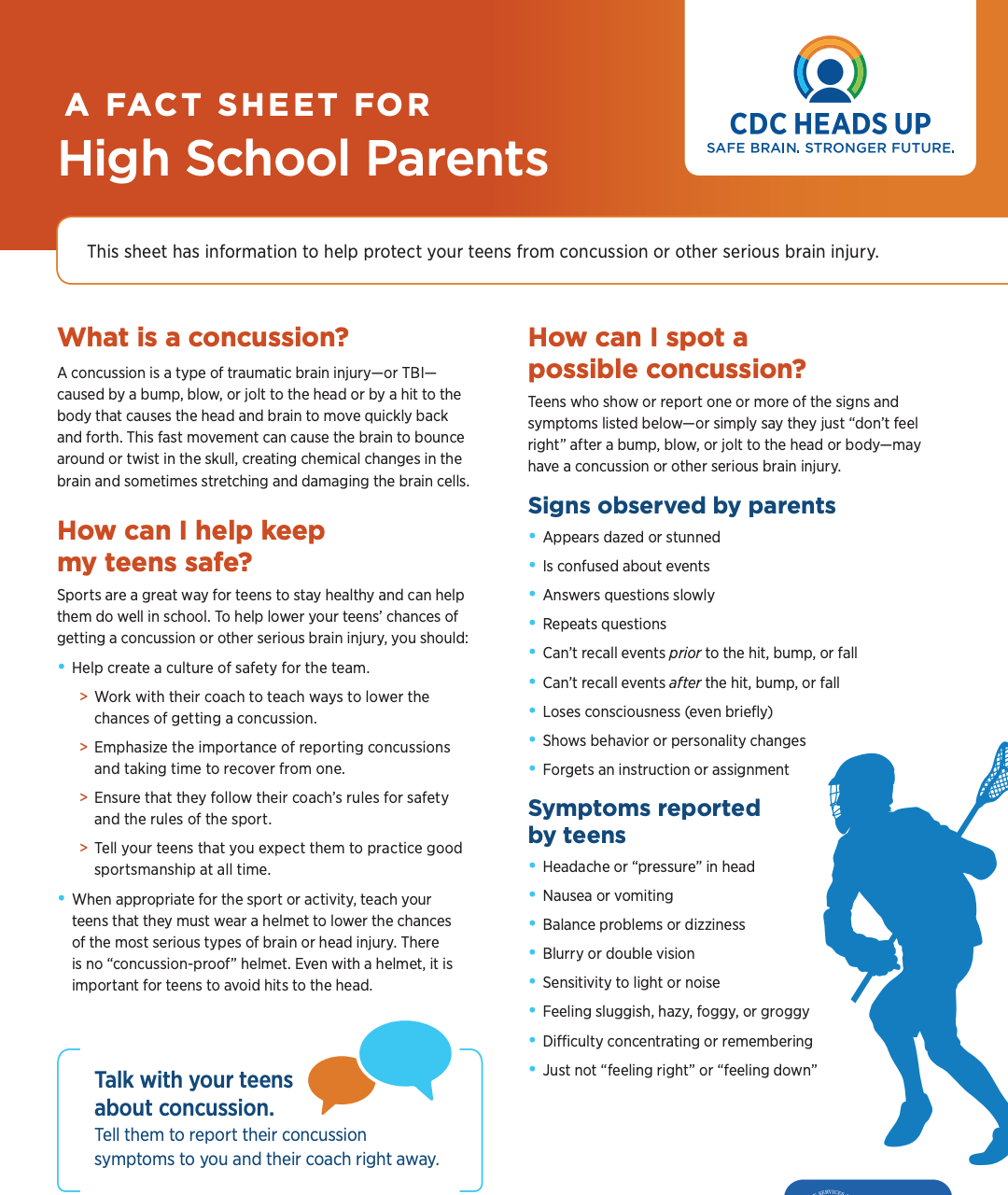Local Resources
Below is a list of websites to learn about stroke, stroke survivorship and recovery.
Houston Aphasia Recovery Center
HARC offers multiple programs for participants with aphasia, their caregivers, families and volunteers. Wellness programs help stroke survivors build language skills and provide practice for understanding and being understood in a safe, fun environment.
Strowmatt Rehabilitation Services
Is your physician requiring a driver evaluation before you can return to driving? When a stroke occurs, it can affect skills necessary for independent driving with limitations in vision, perception, reaction time or functional ability. Many stroke survivors can return to independent driving but require adaptive equipment and training. If you, your caregiver or a physician has concerns over your ability to drive post-stroke, contact Strowmatt Rehabilitation Services for specialized services to aid in your road to recovery.
The Jung Center Mind Body Spirit Institute
The Jung Center’s Mind Body Spirit Institute helps individuals and communities to flourish with innovative new approaches to cultivating wellness and emotional health. From insightful workshops to long-term, in depth certificate programs, Mind Body Spirit Institute offers solutions to those looking to refresh their approach to life, embrace their own potential, and experience greater meaning and satisfaction in their work.
Centers for Disease Control and Prevention (CDC)
The CDC offers valuable educational information on health-related topics, including stroke. For information on stroke risk and prevention, survivor stories, statistics and other resources, visit their website.
American Heart Association / American Stroke Association
In collaboration with the American Heart Association, the American Stroke Association’s website provides valuable tips for life after stroke, such as choosing the right rehab facility for the patient’s needs. The website provides subscriber information for the award-winning Stroke Connection magazine, which is published quarterly and filled with information for stroke survivors and their families. Find educational publications, a monthly eNewsletter, downloadable fact sheets and multimedia resources.
The Atlas of Heart Disease and Stroke
WHO and the CDC created this Atlas to address the global epidemics of heart disease and stroke. Each of the six sections is written in easy-to-understand, concise language, and includes images to help readers visualize the information. Topics include treatment, health education, and ways to reduce the risk of future strokes.

































